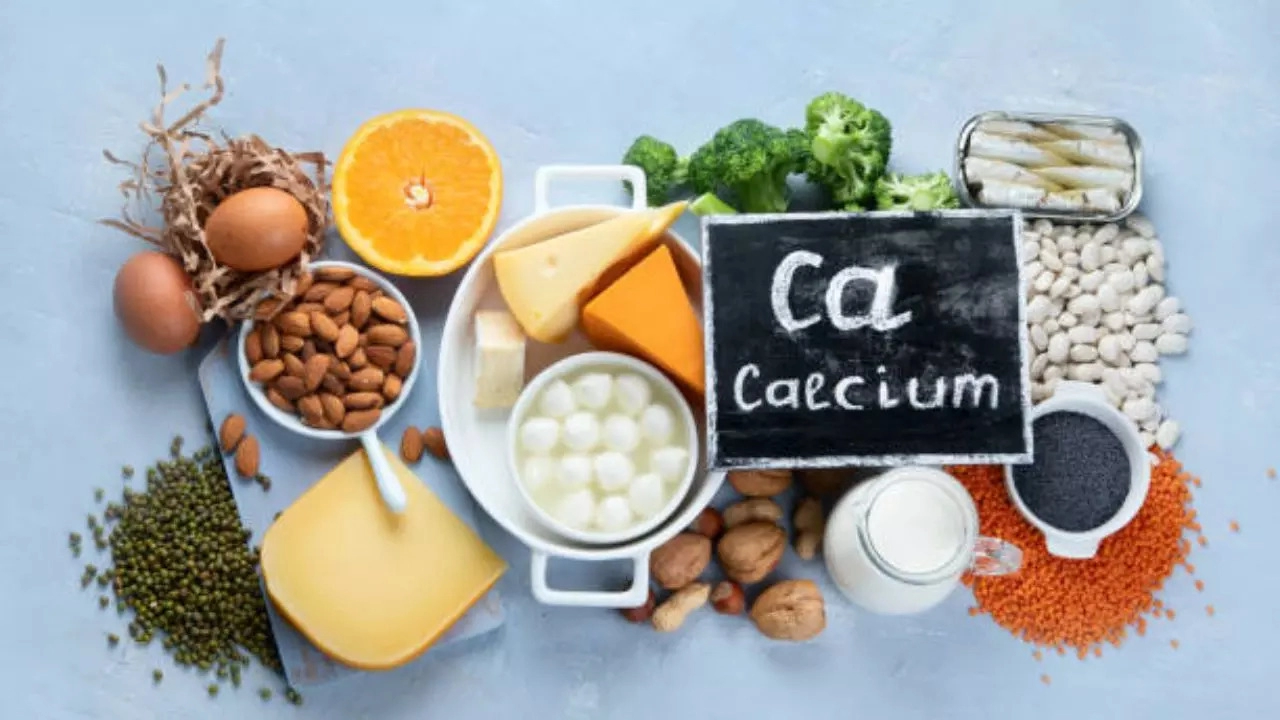Pallavi Mehra • 31 Aug 2024
Indians Deficient In Iron, Calcium Folate: Lancet Study

Indians Deficient In Iron, Calcium Folate: Lancet Study (Image Credits: iStock)
A study published in The Lancet Global Health journal reveals that people of all ages in India, both men and women, are not getting enough essential micronutrients such as iron, calcium, and folate from their diets. This study, conducted by an international team including Harvard University researchers, is the first to estimate the inadequate consumption of 15 micronutrients across 185 countries without considering supplements. Globally, nearly 70 per cent of people, or over five billion individuals, are deficient in nutrients like iodine, vitamin E, and calcium.
The research also highlights that within various countries and age groups, more women than men lack sufficient iodine, vitamin B12, and iron, while more men than women have inadequate intakes of magnesium, vitamin B6, zinc, and vitamin C. In India specifically, the study found that more women suffer from iodine deficiency than men, whereas more men are deficient in zinc and magnesium compared to women.
Although micronutrient deficiencies have been analysed over the past decade, significant data gaps still exist for many nutrients and demographic groups. The researchers used data from the Global Dietary Database to estimate the prevalence of insufficient nutrient intake among 99.3 per cent of the global population. Young men and women aged 10-30 years, especially in South Asia, Southeast Asia, and sub-Saharan Africa, are particularly prone to low calcium intake.
The authors suggest that these findings can help public health officials identify populations needing dietary interventions. However, they note that the study did not account for the intake of fortified foods or supplements, which could mean the deficiency rates are overestimated in areas where these are widely consumed.
How To Improve Calcium Intake?
Improving calcium intake is essential for maintaining strong bones and overall health. Here are some tips to boost calcium intake:
Incorporate Dairy Products
- Milk: Drink cow's milk or fortified plant-based alternatives.
- Cheese: Opt for hard cheeses like cheddar and Swiss.
- Yogurt: Choose plain or low-sugar yogurt for a calcium-rich option.
Eat Calcium-Rich Vegetables
- Leafy Greens: Include kale, collard greens, and spinach in your diet.
- Broccoli: Add this versatile vegetable to your meals.
Choose Fortified Foods
- Fortified Plant-Based Milk: Look for calcium-fortified almond, soy, or oat milk.
- Fortified Cereals: Opt for breakfast cereals that are fortified with calcium.
Include Calcium-Rich Fish
- Canned Fish: Eat sardines or salmon with bones, which are high in calcium.
Snack on Nuts and Seeds
- Almonds: These nuts are a good source of calcium.
- Chia Seeds: Add them to smoothies or yogurt.
Add Calcium-Rich Legumes
- Beans: Incorporate beans like white beans or chickpeas into your meals.
Improve Calcium Absorption
- Vitamin D: Ensure adequate vitamin D intake to help with calcium absorption. Sunlight exposure and vitamin D-rich foods can help.
- Limit Caffeine and Sodium: Excessive caffeine and sodium can reduce calcium absorption.
Get Latest News Live on Times Now along with Breaking News and Top Headlines from Health and around the world.